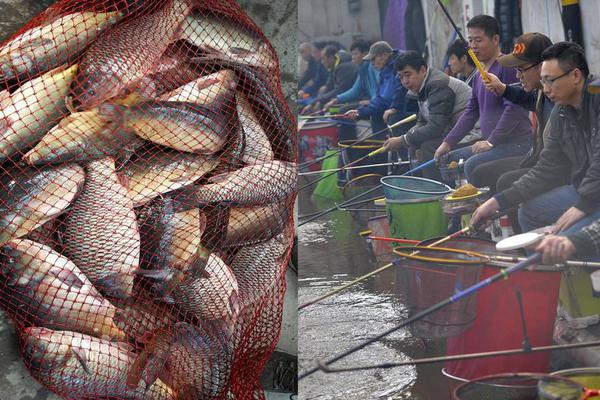 |
| Minister of Foreign Affairs Park Jin, right, shakes hands with Lee Choon-sik, a victim of Japan's wartime forced labor, at the latter's home in Gwangsan District, Gwangju, Friday. Yonhap |
By Nam Hyun-woo
Foreign Minister Park Jin on Friday met surviving South Korean victims of forced labor during Japan's 1910-45 colonial occupation of Korea, and pledged to find "diplomatic solutions" to the thorny matter, which is one of the main reasons for the soured Seoul-Tokyo relations.
Park visited the southwestern city of Gwangju and met two surviving victims of wartime forced labor ― Lee Choon-sik and Yang Geum-deok ― as part of the government's efforts to bring their legal representatives back to a government-private consultative body to come up with solutions for the historical issue.
"The government will do its best to resolve this issue through diplomatic negotiations with Japan so that the public can accept the outcome," Park said while meeting Lee, 98, at his home in Gwangju's Gwangsan District. "The government has a strong will to address it as promptly as possible."
 |
| Minister of Foreign Affairs Park Jin, left, bows to Yang Geum-deok, right, a victim of Japan's forced labor during its 1910-45 colonial occupation of Korea, as the minister visits Yang's home in Gwangju's Seo District, Friday. Joint Press Corps |
Lee, who was forced to work for Nippon Steel in 1943, filed a damage suit against the Japanese steelmaker, and in 2018 the Supreme Court ordered the company to pay 100 million won ($73,400) each to Lee and three other victims of forced labor in compensation.
Yang, 93, who was forced to labor for Mitsubishi Heavy Industries in 1944, also filed a similar damage suit against the firm and won a 2018 Supreme Court order on the company to compensate her and four other victims.
While the rulings sank Seoul-Tokyo relations to their lowest level in decades, the companies refused to pay, and the victims have filed for court orders on liquidating the companies' assets based in Korea. Mitsubishi Heavy appealed the court order on liquidating its assets in April, and the Supreme Court is now looking into whether to dismiss its appeal.
Since Japan has been warning that the liquidation is a "red line" that Korea would regret crossing, Korea's Yoon Suk-yeol government has organized the consultative body involving foreign ministry officials, victims and private experts to explore ideas to solve the thorny issue before the Supreme Court justices come to a decision.
However, the victims' legal representatives withdrew from the body after just two rounds of talks, after discovering that the foreign ministry submitted a letter of opinion on July 26 to the Supreme Court without informing the victims. A number of civic groups supporting the victims claimed that the government in the letter asked the court to postpone making a final decision given potential diplomatic friction with Japan, saying that this is "largely the same as Mitsubishi's stance."
Against this backdrop, Minister Park's visit is interpreted as the government's efforts to put the consultative body back on track.
"Park paid the visits in order to hear the voices of the victims of forced labor," a foreign ministry official said.

 微信掃一掃
微信掃一掃 